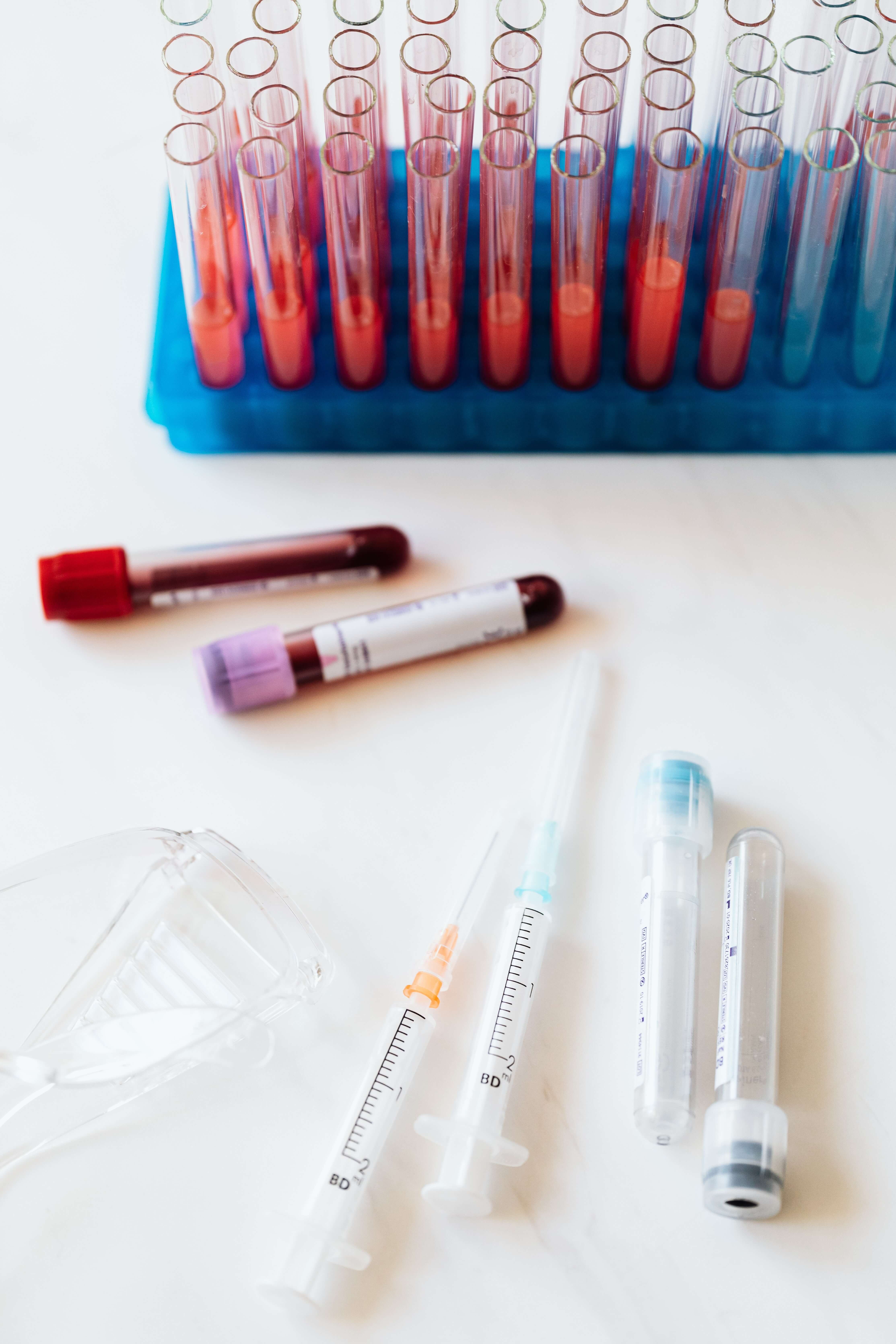St George’s looking for patients on transplant waiting list to join research project

The St Georges Kidney Transplant Unit is inviting people, while waiting on the kidney transplant waitlist, to take part in a multinational clinical trial on management of heart disease. The benefits for screening regularly with heart tests including heart angiogram is unknown and potentially harmful. The proposed study will randomise patients to either have regular heart test or avoid the tests while waiting for the kidney transplant, unless there are symptoms suggestive of heart problem
Introduction
Cardiovascular disease is the commonest cause of death while on the kidney transplant waiting list and after transplantation. Current standard care involves screening for coronary artery disease prior to waitlist entry, then every 1-2 years, according to perceived risk, until transplanted. The aim of screening is two-fold. Firstly to identify patients with asymptomatic coronary disease to enable either correction, by bypass surgery or angioplasty, or removal of the patient from the list, with the ultimate aim of preventing premature cardiovascular mortality at the time of, or soon after kidney transplantation. Secondly, from a societal perspective, to prevent mis-direction of scarce donor organs into recipients who experience early mortality. This current screening strategy is not evidence based, has substantial known and potential harms, and is very costly. Two major issues of uncertainty require addressing in sequence: (1) whether to periodically screen asymptomatic wait-listed patients for occult coronary artery disease; and (2) whether to revascularise coronary stenoses in asymptomatic patients prior to transplantation. The CARSK study seeks to address the first of these 2 issues.
CARSK aims to
- Test the hypothesis that after screening for wait list entry, no further screening for coronary artery disease (CAD) is non-inferior to the current standard care which is screening all asymptomatic wait-listed patients for CAD at regular intervals.
- Compare the benefits and costs of not screening versus regular CAD screening from a health system perspective.
CARSK = Acronym of the trial name = Canadian Australasian Randomized Trial of Screening Kidney Transplant Candidates for Coronary Artery Disease (CARSK)
Invitation
The St George's renal team are inviting any of their patients on the transplant waiting list who have no existing heart problems to participate in a trial known as CARSK.
You can find the draft Patient Information Sheet here.
Purpose of the CARSK trial
The trial across 28 Canadian, Australian, New Zealand and UK hospitals is seeking to answer the question: Is there medical benefit in regularly screening patients on the transplant waiting list for heart disease if they currently have no symptoms? The current approach regularly screens for heart issues and there is no evidence that this is beneficial and may even have a negative result.
Trial overview
We believe that the current strategy of regularly screening for heart vessel blockages and surgically correcting blockages in wait-listed candidates without active symptoms of heart disease is not beneficial compared to an alternative strategy in which patients are investigated for heart vessel blockages only if they develop symptoms. Currently, heart tests are done routinely for patients on the kidney transplant wait list without clear evidence that this is beneficial to the patients who don’t have any symptoms suggestive of heart vessel blockages. These tests and interventions that may follow are not without risks. They can also lead to unnecessary suspensions from transplant wait lists, delay in getting back on to the list and may reduce the chance of getting a kidney transplant.
Full study details can be found here.
Participant criteria
This study will only include asymptomatic participants—that is, patients without symptoms or signs of coronary arterial disease (disease affecting heart blood vessels). If you develop any symptoms of coronary artery disease any time during the course of your participation in this study, you will be treated as per standard of care.
Contact information
If you are interested in participating in this trial you can get more information and participate by either emailing Debasish.Banerjee@stgeorges.nhs.uk or telephoning Dr Banerjee on 020 8725 1673.

